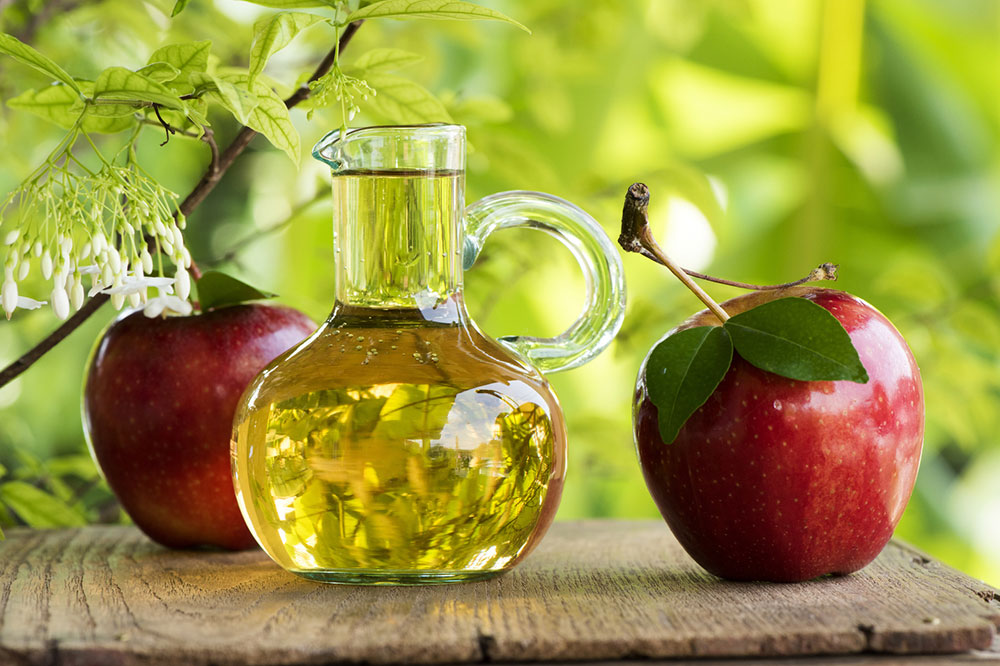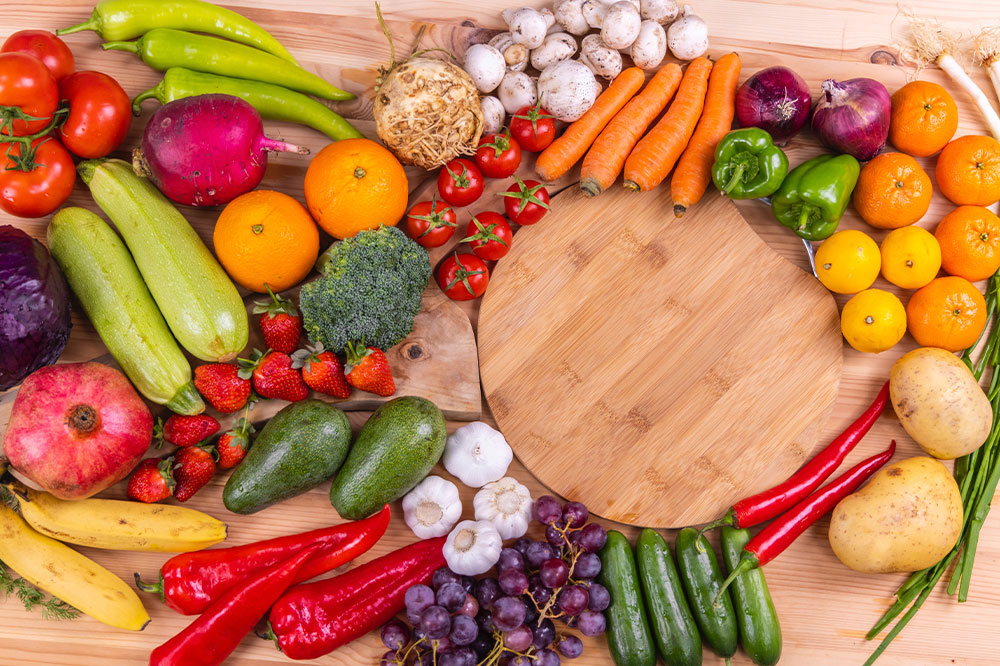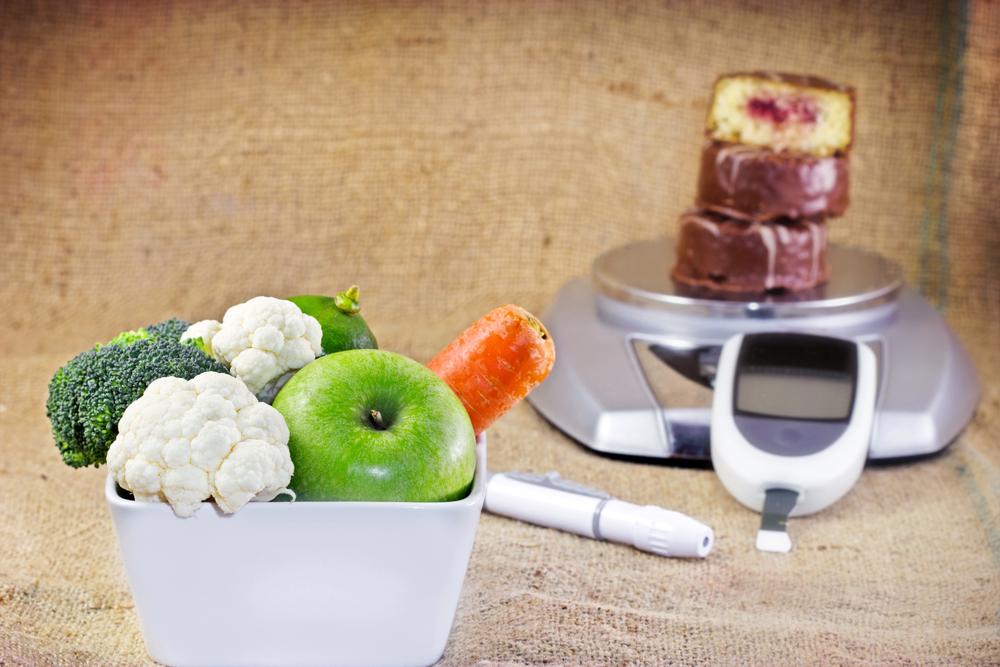Effective Nutrition Strategies for Managing Diabetes
Discover effective dietary strategies for managing diabetes, focusing on balanced nutrition, including vegetables and whole grains, crafted with guidance from healthcare professionals. This approach supports stable blood sugar levels and overall health while allowing flexibility in food choices.

Effective Nutrition Strategies for Managing Diabetes
For individuals living with diabetes, adopting a proper dietary plan is essential for maintaining stable blood sugar levels over time. A nutritious diet should comprise plenty of vegetables, fruits, and lean proteins. Such a balanced approach not only supports overall wellness but also helps prevent future complications related to diabetes. Consulting with a healthcare professional or dietitian is crucial to develop a personalized meal plan suited to your specific needs, whether you have type 1 or type 2 diabetes.
When managing diabetes, understanding your condition and working with a specialist ensures optimal nutritional choices. The goal is not to eliminate favorite foods but to moderate their intake, especially foods high in sugar and refined carbs, which influence blood glucose. Incorporating whole grains, fresh produce, and healthy proteins can significantly impact your health positively.
Proper nutrition plays a key role in controlling diabetes effectively.
Choosing the right foods for blood sugar control
Incorporating dietary flexibility is important; the focus should be on making smart, healthy choices rather than restricting all foods. Carbohydrates and sugars are primary factors influencing blood sugar levels. A dietitian will initially assess your current carbohydrate consumption, considering your metabolism, activity levels, and medication. Based on this, a tailored plan can promote balanced digestion without disrupting blood glucose. No single food cures diabetes; success relies on thoughtful planning and consistency.Research suggests the inclusion of abundant vegetables and fruits, lean proteins, and foods low in trans fats and added sugars. These elements collectively support a balanced and healthful lifestyle.
Two recommended foods for managing diabetes include:
Dark leafy greens
Green vegetables like spinach, kale, and collard greens are packed with vitamins, minerals, and antioxidants, and have minimal impact on blood sugar. Rich in calcium, vitamin A, and potassium, they are high in fiber and protein, supporting overall health. Easy to add to salads, soups, or as sides, they pair well with lean proteins such as tofu or chicken.Whole grains
Whole grains are rich in fiber and nutrients, helping slow digestion and prevent blood sugar spikes. Examples include brown rice, buckwheat, millet, rye, and quinoa. Replacing refined white grains with whole grains improves glycemic control, making them an essential part of a diabetes-friendly diet.Since individual responses to foods vary, working closely with a healthcare professional is vital to create a personalized, effective meal plan. This ensures a balanced diet that supports diabetes management without compromising enjoyment of food.
Disclaimer: This article provides general information only and is not a substitute for professional medical advice. Always consult healthcare professionals before making significant dietary or lifestyle changes.










